‘We all have diplomas. 20 years have passed. Are these diplomas still valid?’
A discussion of issues of the introduction of a national qualification system in Kazan
A national qualification system is actively introduced to different spheres of professional activity in Tatarstan. An independent evaluation of qualification is already a must in many sectors. Its necessity, benefit to the economy, state and sectoral enterprises were discussed at a conference in Idea technopark on 5 March, which Realnoe Vremya’s correspondent visited.
Influence of businesses on labour market
The conference Development of National Qualification System in the Republic of Tatarstan was dedicated to key topics: the labour market in the region and provision of occupation, training of qualified staff and enhancement of workforce productivity. Opening the meeting, Director General of Idea Innovative Technopark CJSC Oleg Ibragimov noted that enhancement and development of qualifications was one of the most important areas of work of the national project in Tatarstan. It should be reminded that an agreement on cooperation was signed between the government of the republic and National Qualification Development Agency ANO in 2019.
Tatarstan is one of the few regions that have a council for professional qualifications. The national qualification system in the republic includes such members as TAIF companies, KAMAZ, Tatneft, Tatneftekhiminvest-holding, Kazan National Research Technological University, Centre for Technology Transfer.
First Vice Minister of Labour, Employment and Social Protection of the Republic Tatarstan Rustem Valiullov delivered a welcome speech to the participants in the conference then. In his speech, he told them about the situation in the labour market and its development prospects. Tatarstan is one of the fast-developing regions of the Russian Federation with high investment potential. Nowadays the number of the workforce is over 2 million people. Compared to other regions of Russia, according to the vice minister, such a situation in the social and labour sphere is more than favourable.
“Tatarstan is characterised by a high employment rate of the population — 62%. Over half of the workers are aged from 25 to 44. The average age of the workers is 40 years,” Rustem Valiullov said.
Valiullov also noted that businesses that need to train qualified staff have a great influence on the formation of the labour market. This is why the development of the national qualification system goes on in the republic.
“The more precise characteristics we use, the more accurate our forecasts are”
Director General of National Qualifications Development Agency ANO Aleksandr Leybovich reported on key tasks of cooperation of National Qualifications Development Agency and the Russian regions. According to him, the national qualification system is quite an understandable tool whose development is already provided by laws and regulations. During his speech, the speaker drew the audience’s attention to the plots he thinks are topical from a perspective of cooperation with the state.
“Today we are ready to expand those tools that were created in the previous years and turned out quite effective from a perspective of development. Last year, we signed an agreement with the prime minister of the republic. Within this agreement, we agreed to develop the structure of the development of national qualification system with joint effort, to create conditions to ensure that as many people, specialists, experts as possible will be not only engaged but also prepared for this system,” Leybovich said.
The speaker noted that Tatarstan actively worked to forecast the labour market.
“We should know about the labour market more than we did yesterday. The more precise characteristics we use, the more accurate our forecasts are. This is why we should analyse the labour market in that nomenclature of qualifications we create. It is an engine that is called monitoring the labour market of qualifications. We offer this engine to perform certain regional sectoral tasks that allow directing educational programmes more accurately, build infrastructure for an independent evaluation to meet the needs,” he considers.
The next matter that needs to be solved is to provide accessibility to the evaluation of qualifications. “What is the peculiarity of the independent qualification evaluation system for specific specialists, the market labour?” Leybovich asked a question during the speech. At the same time, in response to this question, he explained that an independent evaluation of the qualification system is a mechanism that allows not only evaluating the process of qualifications at a moment, but it is also a mechanism that allows seeing these qualifications throughout one’s life.
“We all have diplomas. 20 years have passed. Are these diplomas still valid? I mean the qualification we received it for. This is why an independent evaluation of qualifications allows not only obtaining a qualification but also confirming it. This bar is maintained throughout one’s life. We create a system that not only replaces the old one, but we also create a system that is a completely new tool,” the speaker stressed.
In conclusion, Leybovich also mentioned the topic of a professional exam for students. An independent evaluation of qualifications must be a part of the final certification not only in colleges but also in universities, he thinks. Students must have the possibility of proving their qualification. According to him, it is necessary to promote the idea of the national qualification system among the youth.
By the way, 449 qualification evaluation centres operate across the country to perform professional exams in 82 regions.
“A worker with specific knowledge is needed”
Vice Chairwoman of the Qualification Evaluation System in the nano-industry Olga Kryukova talked about the experience of the independent qualification evaluation system in the nano-industry. In 2019, an independent qualification evaluation was introduced to the system of higher professional education in the Council for Professional Qualifications as a pilot project. There was created an e-service of the theoretical part of the professional exam. According to Kryukova, about 130 sets of evaluation means were digitalised during the project, which allowed generating tasks of the test.
Vice Chairman of the Council for Professional Qualifications in the financial market Diana Mashkateyeva focused on the innovation of intellectual labour. Businesses not only need the services created in modern society, but they also help to increase workforce productivity.
“Our task is to create a system of communications going by the professional level of staff at federal level. An employer’s stance nowadays when evaluating qualifications is quite strictly formulated: a worker with specific knowledge is needed. It is little to provide specialists that meet requirements in knowledge, we should provide an integrated evaluation and say that this specialist knows how to work in the information space, he has a set of skills. The task will be to develop the smart labour market, intellectual evaluation, evaluation of a high level of qualifications. A skill of working in a team, deal with analytics — all these issues are on the agenda,” Mashkateyeva claimed.
During the event, the best workers of the nano-industry of the Republic of Tatarstan were awarded, and an agreement on intersectoral cooperation and interaction in the sphere of development of the national qualification system including independent qualification evaluation was signed. Director General of Intersectoral Nano-Industrial Association Olga Kryukova and Vice Chairman of the Council for Professional Qualifications in the financial market Diana Mashkateyeva put their signatures to the document.
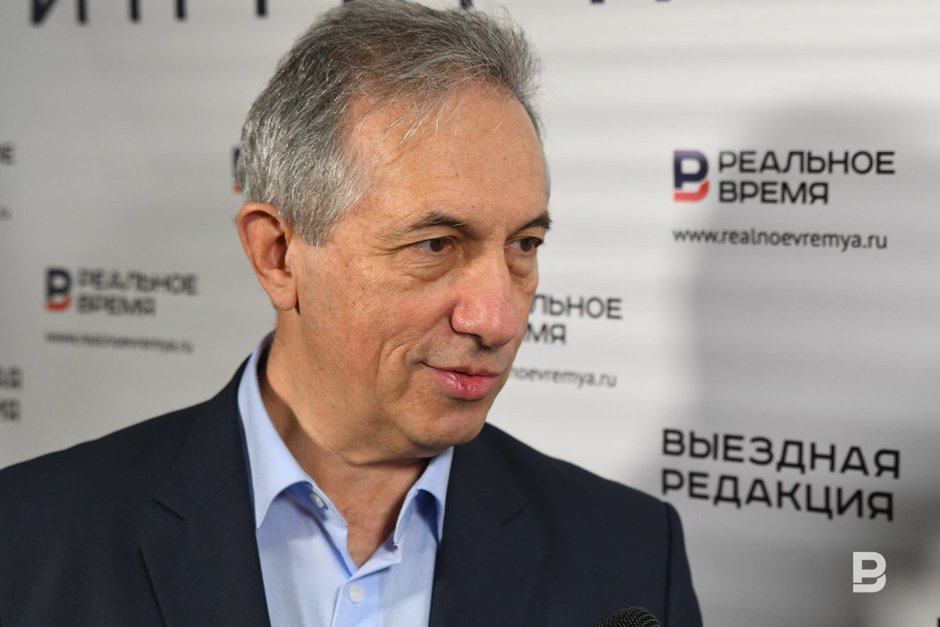
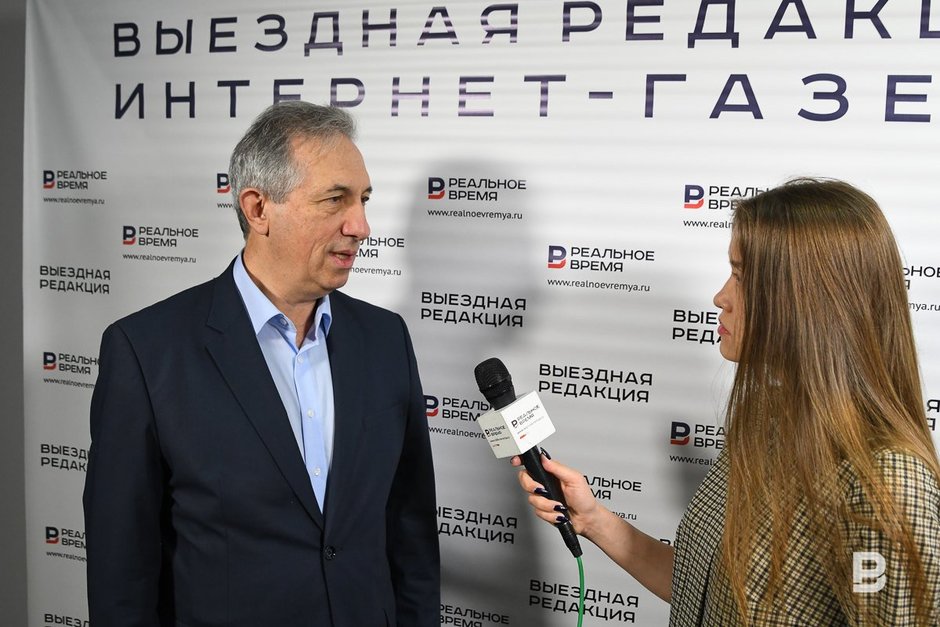
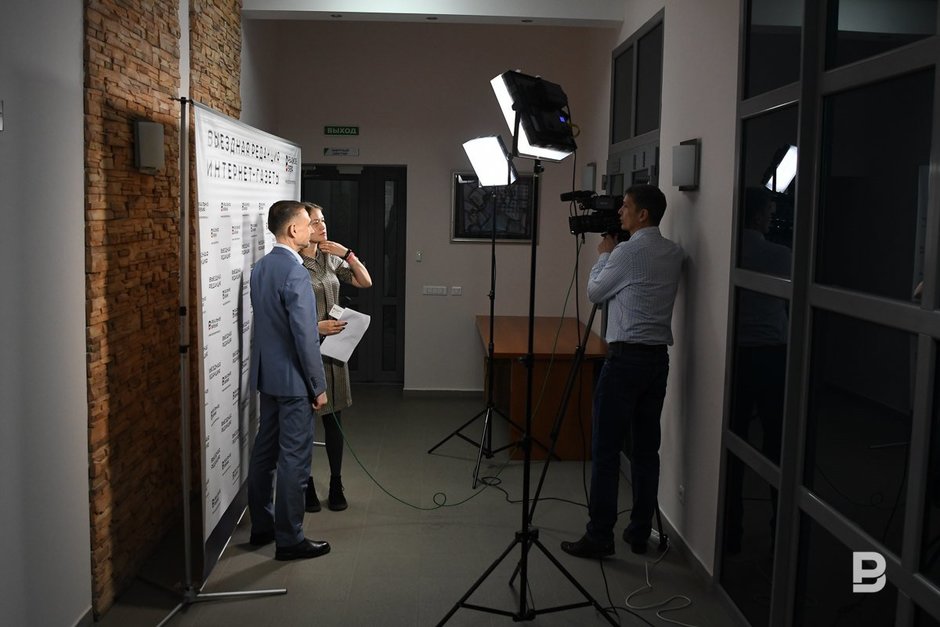
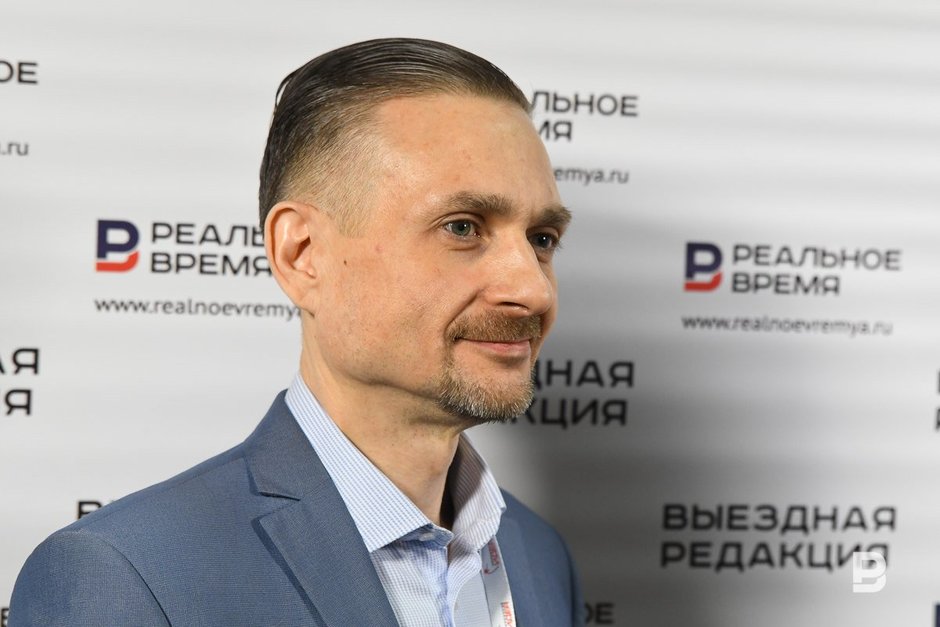
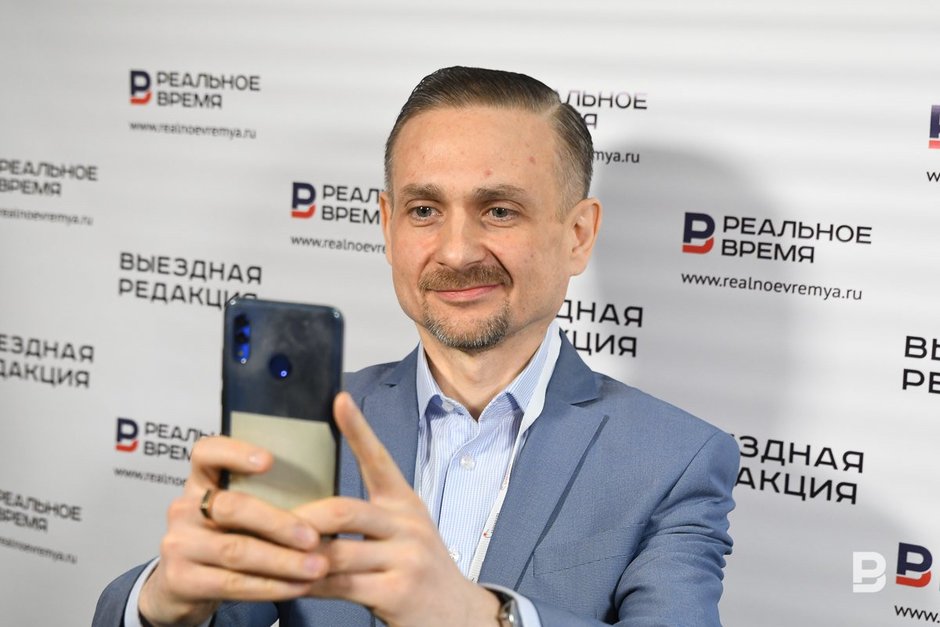
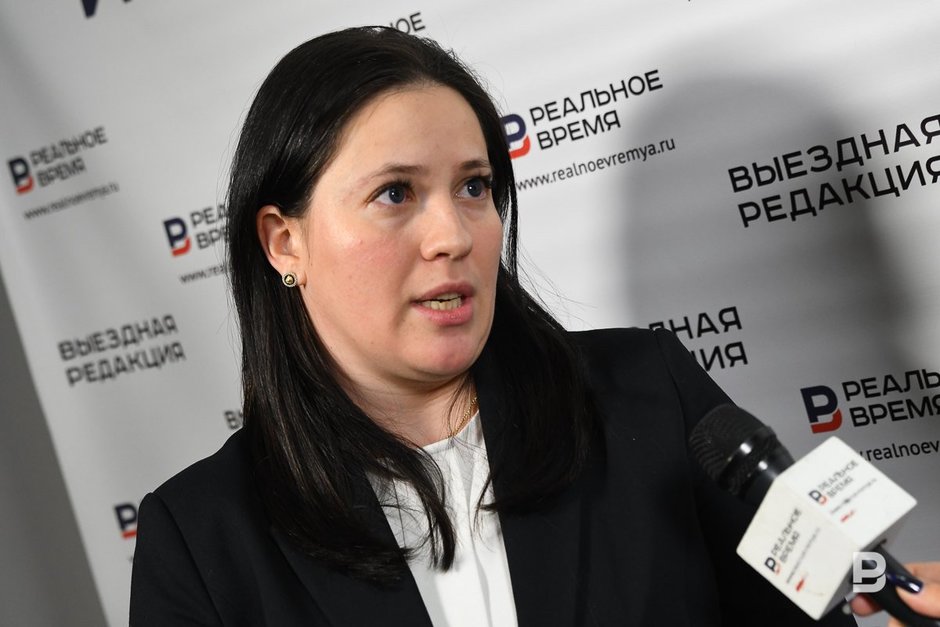
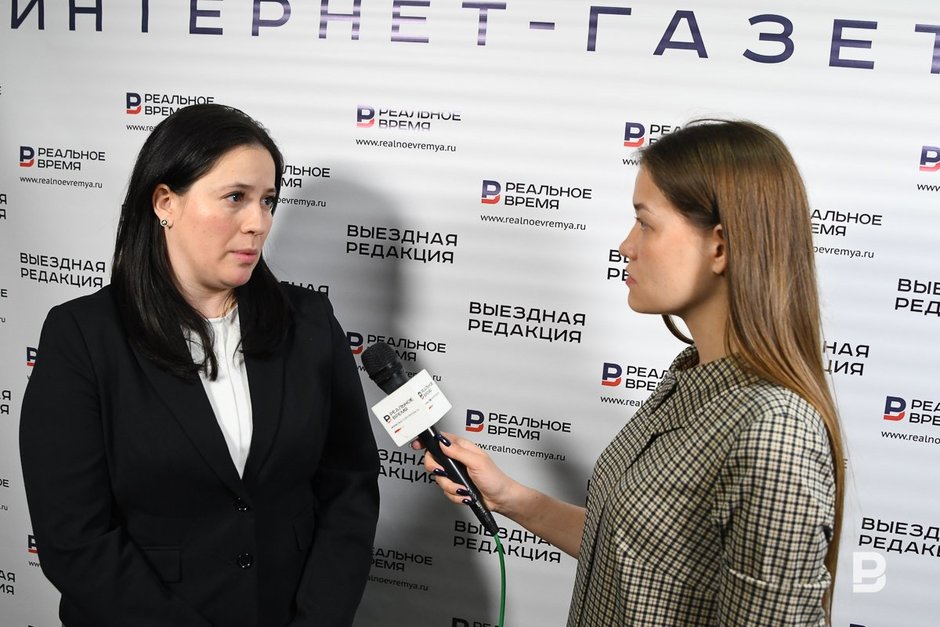
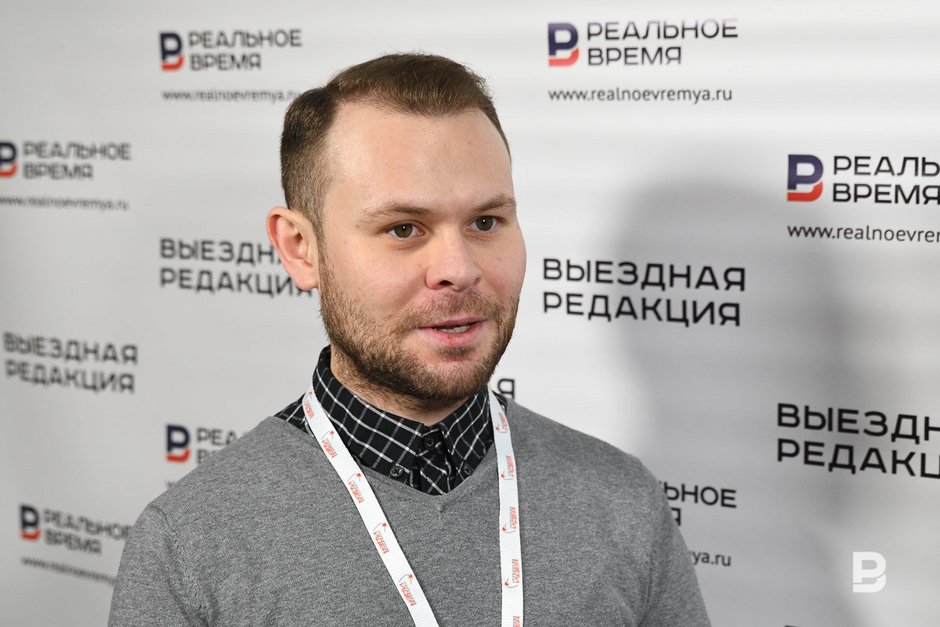
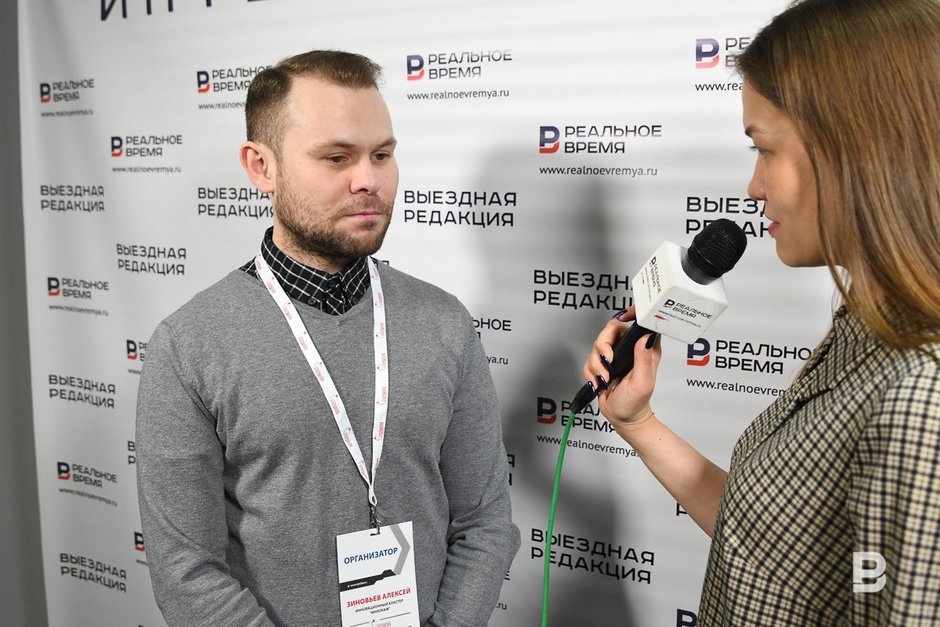
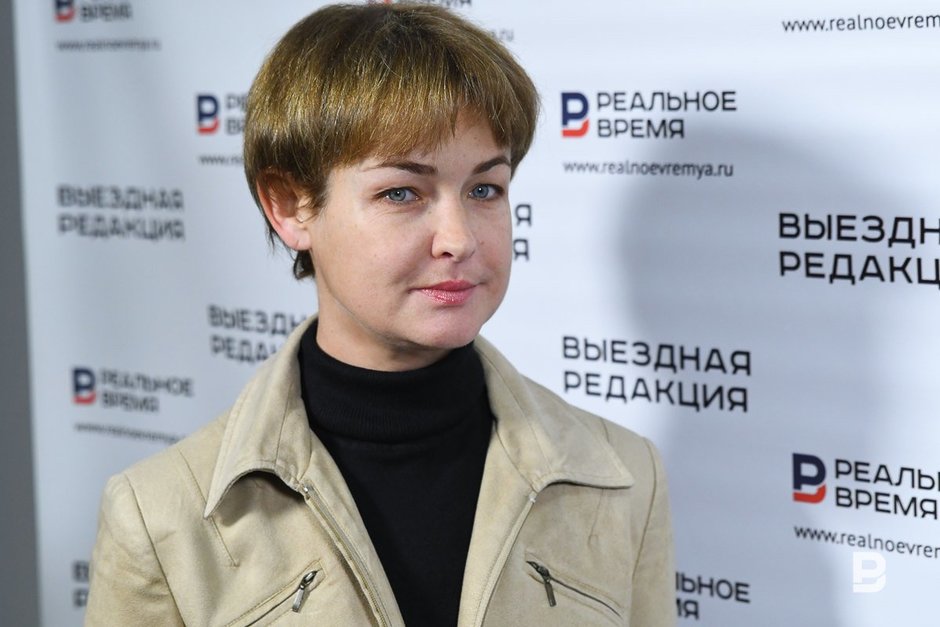
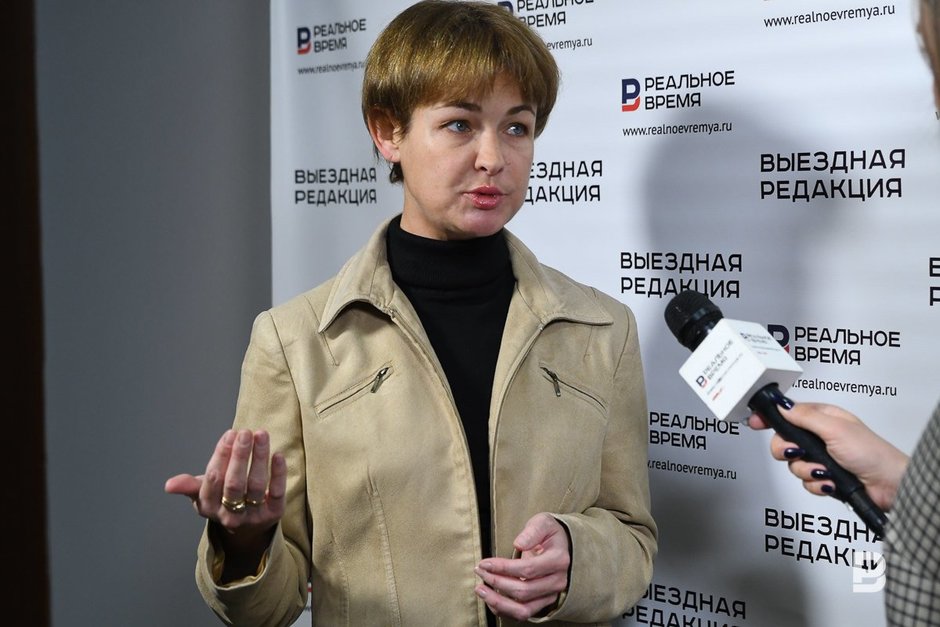
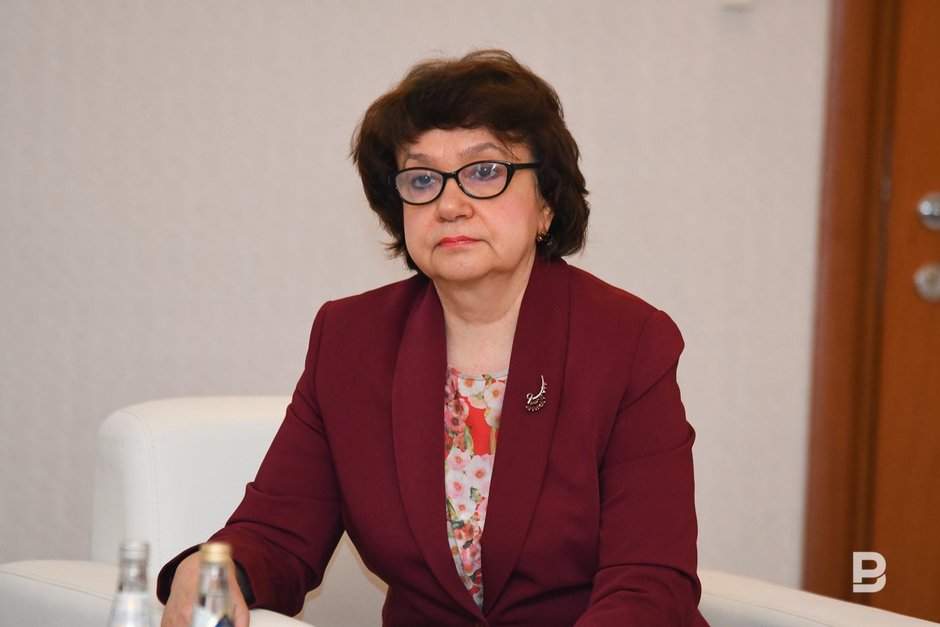
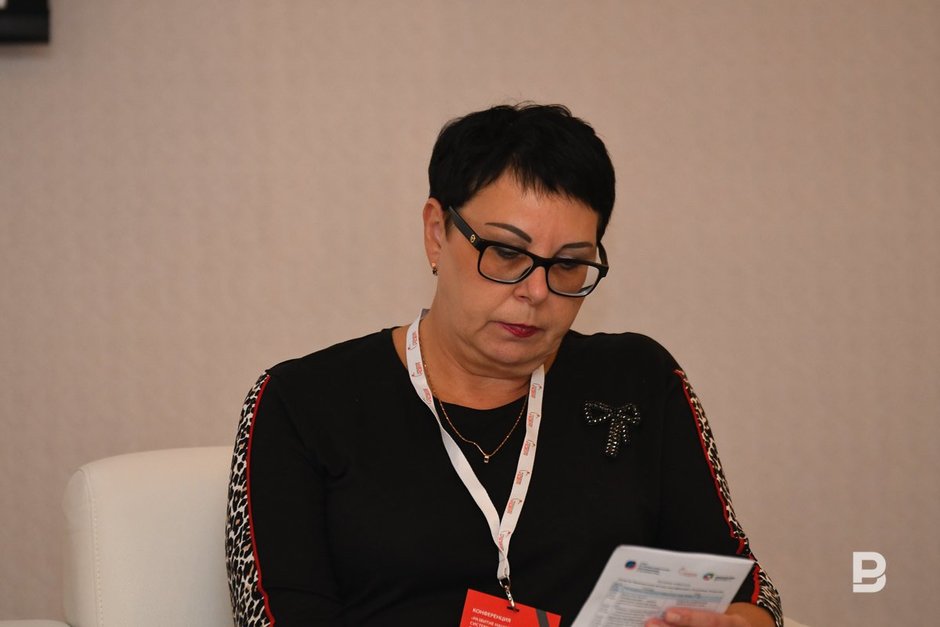
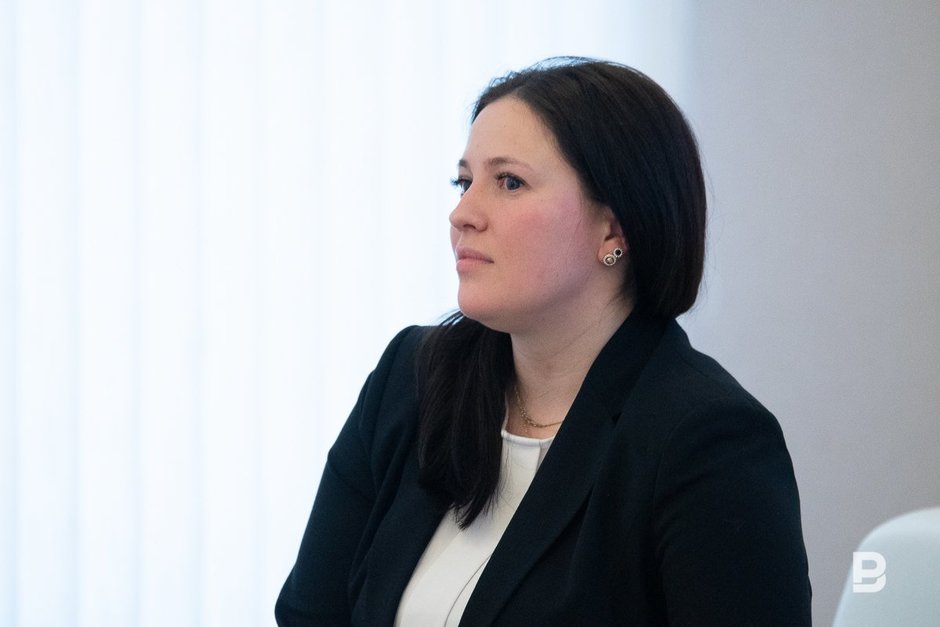
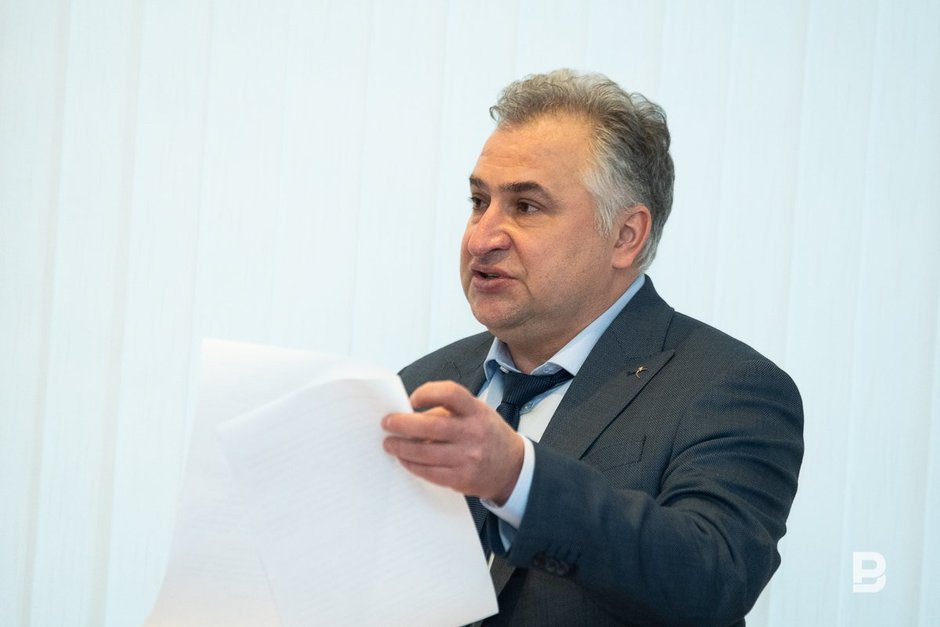
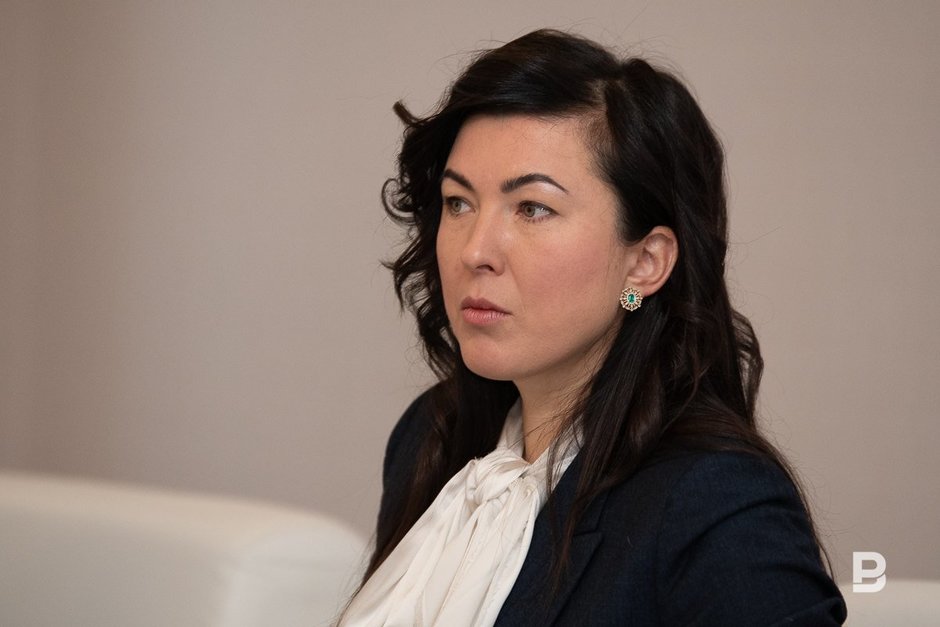
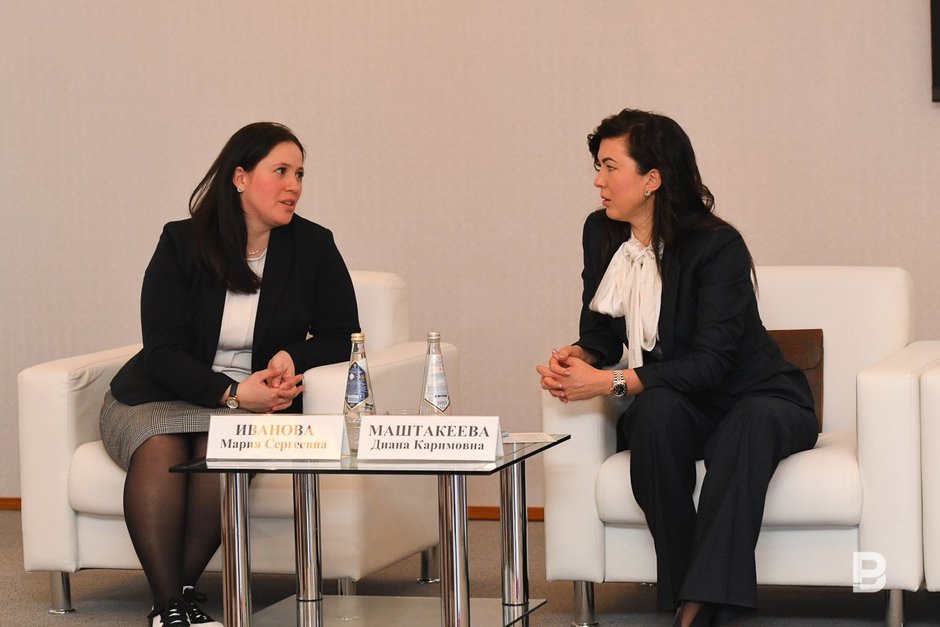
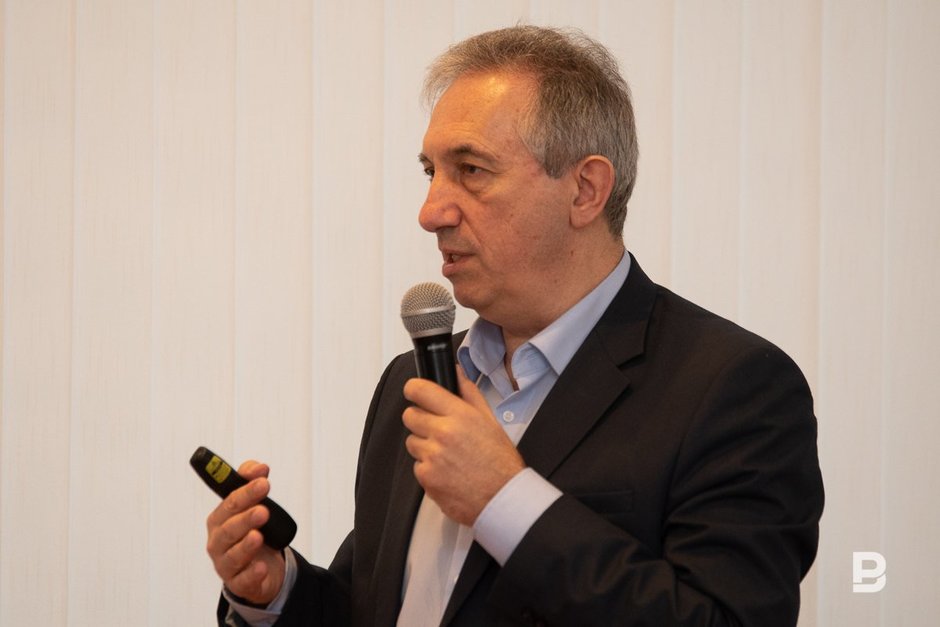
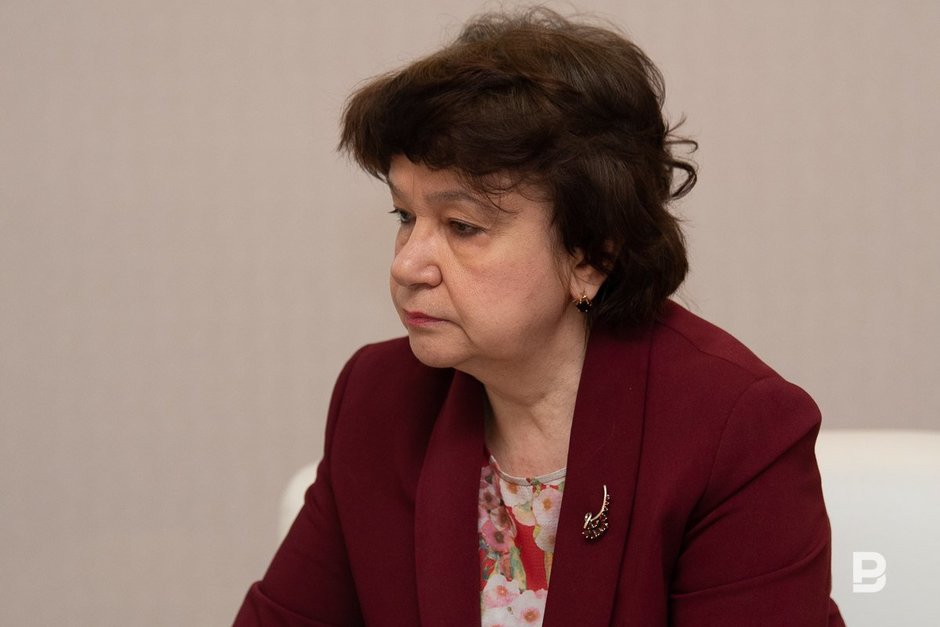
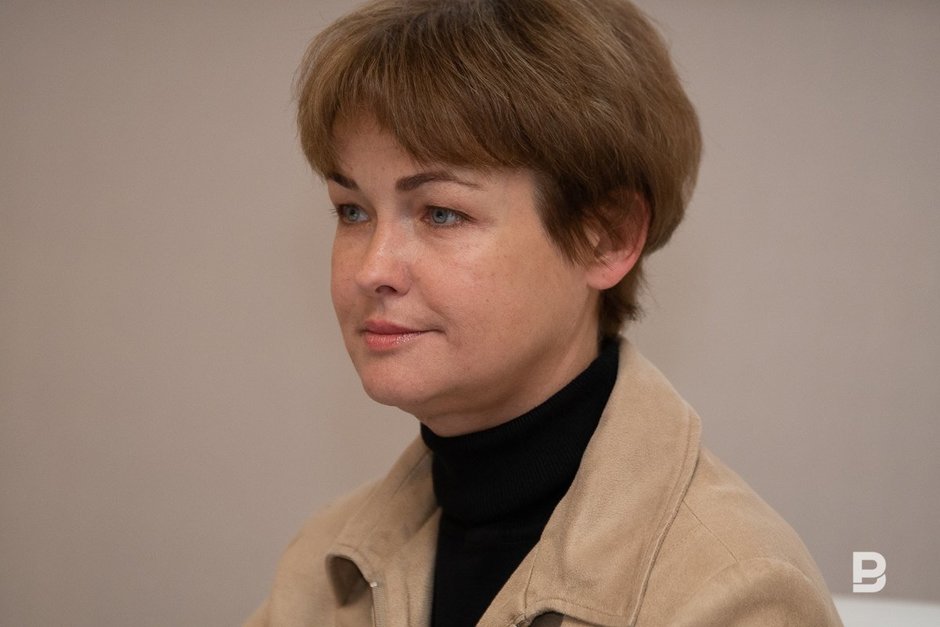

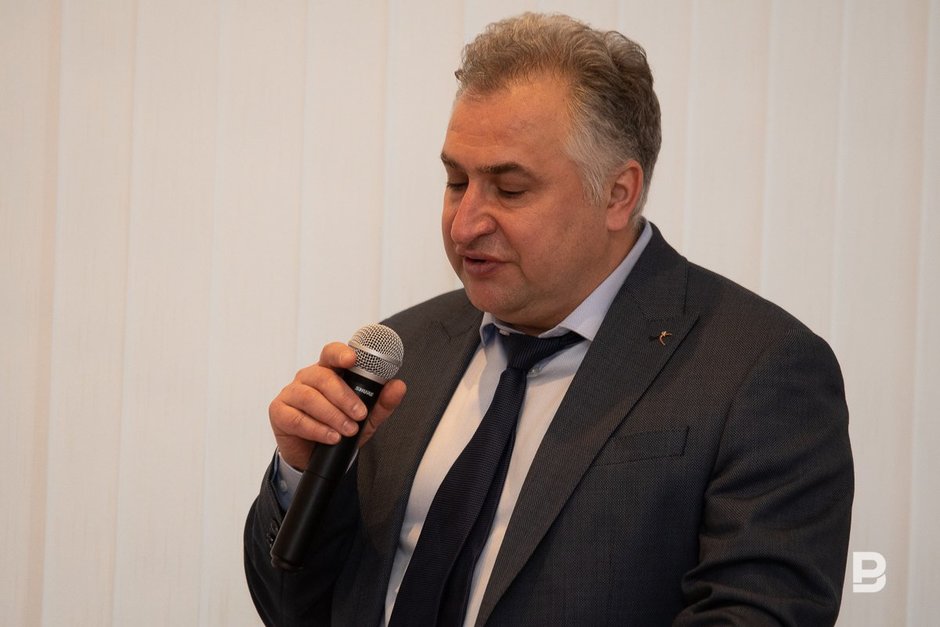
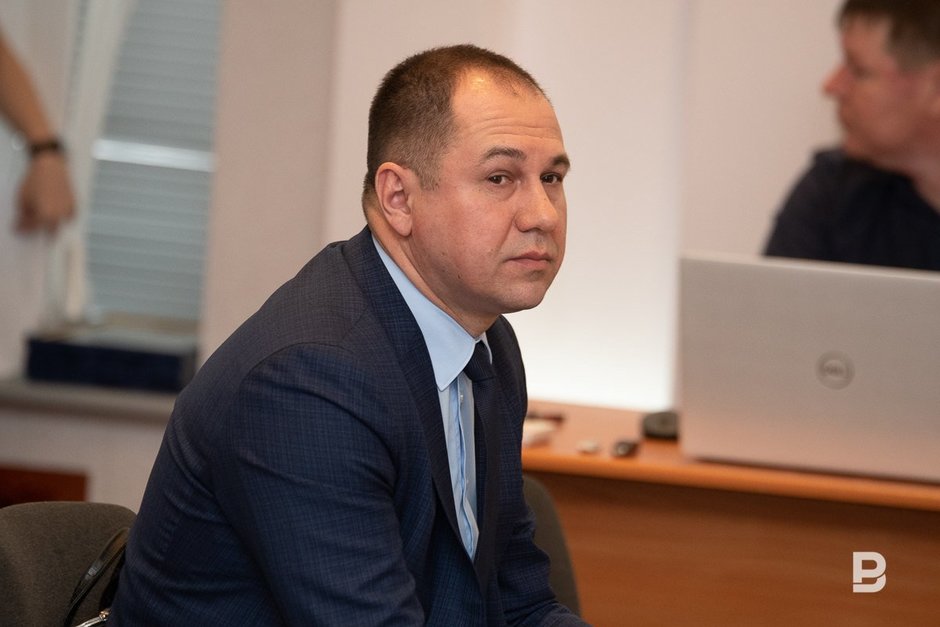
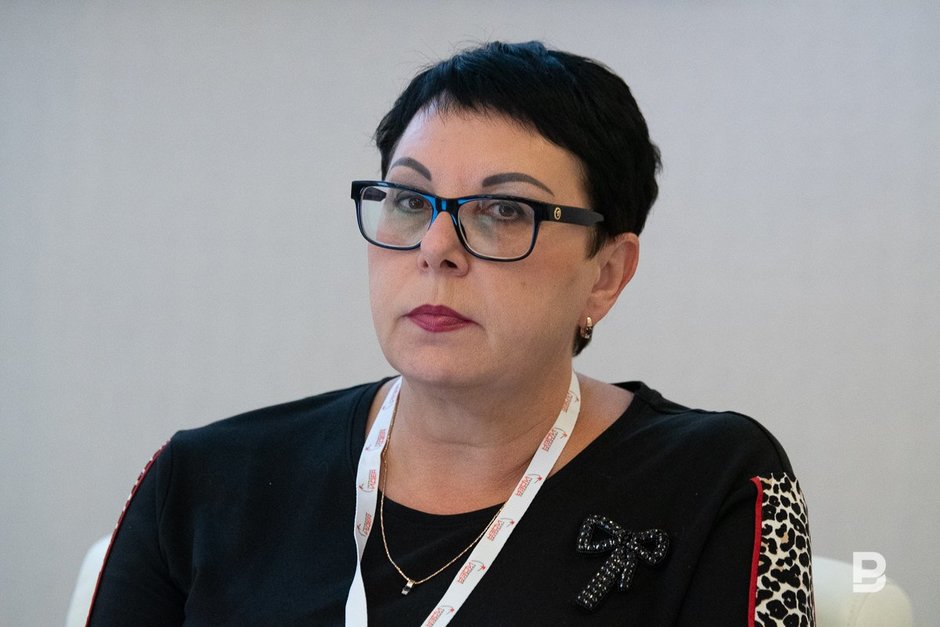
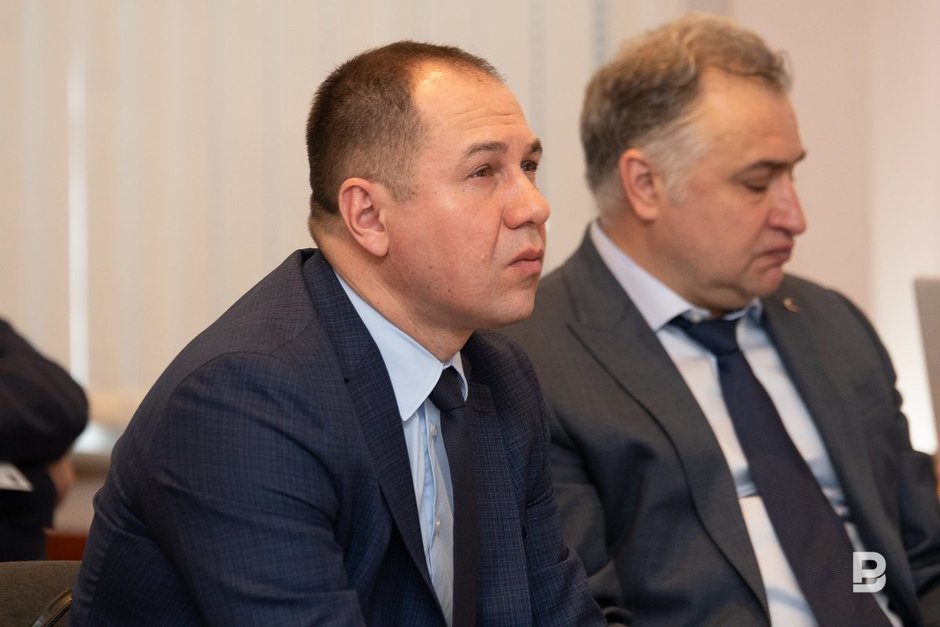
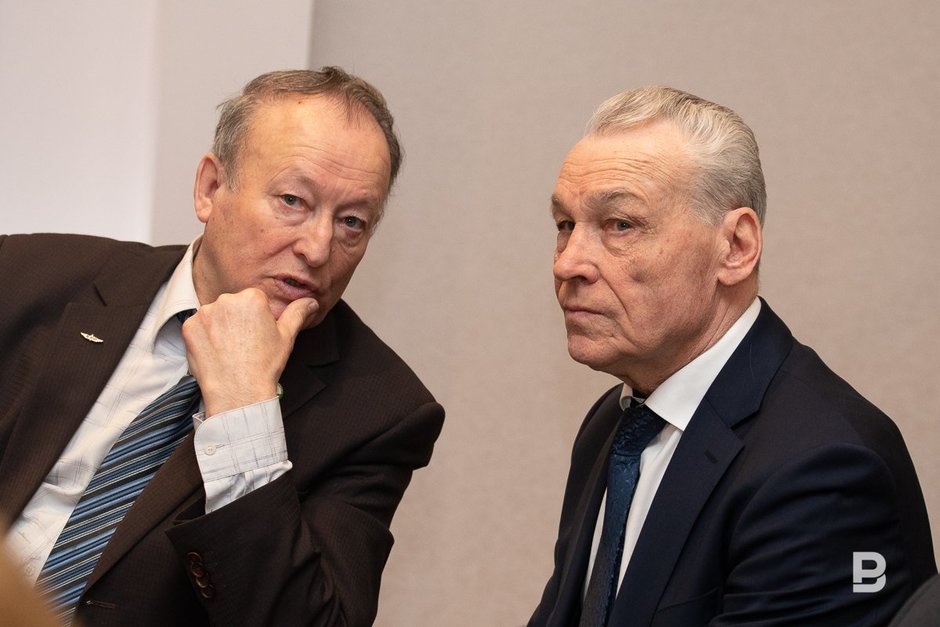
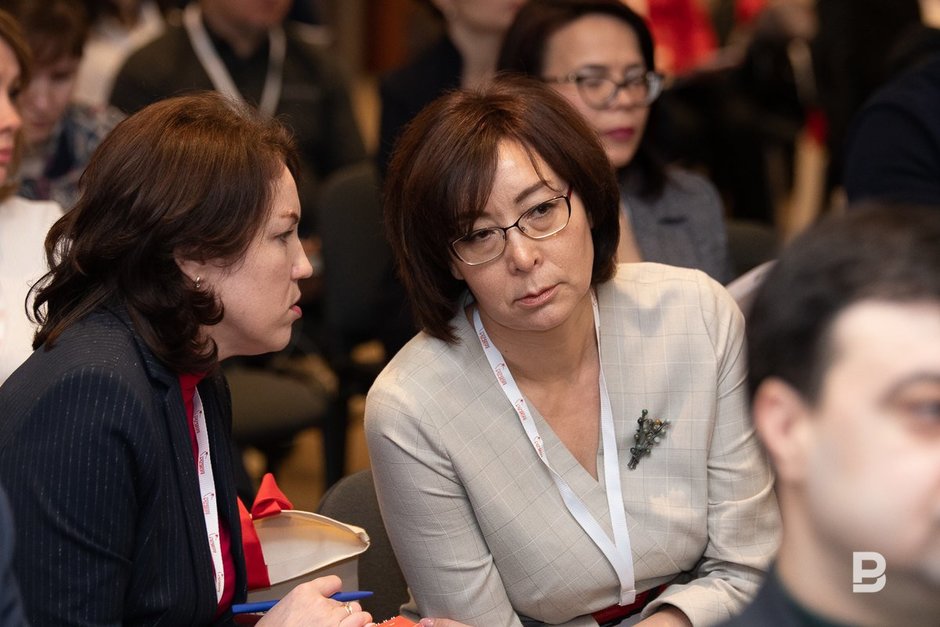
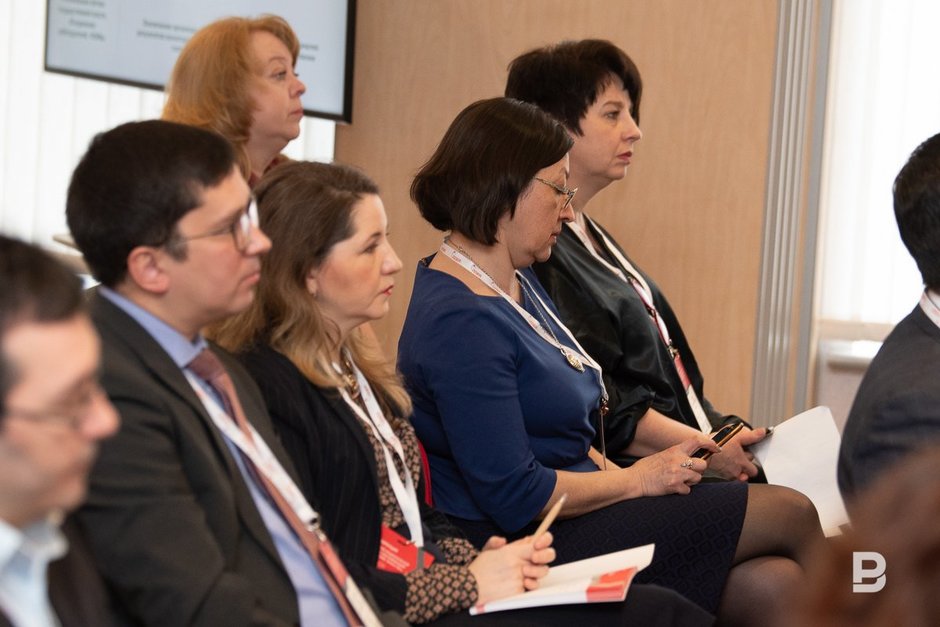
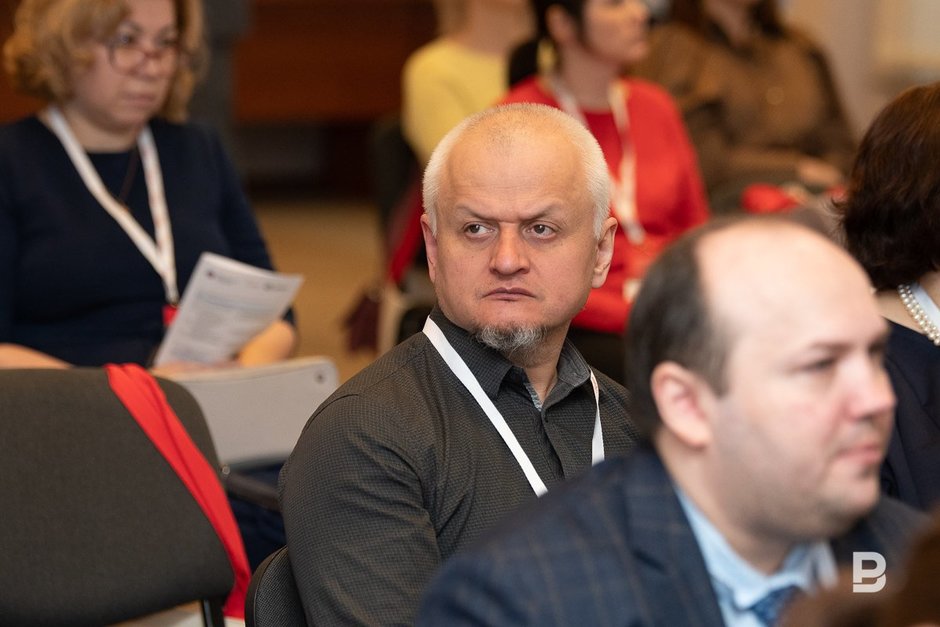
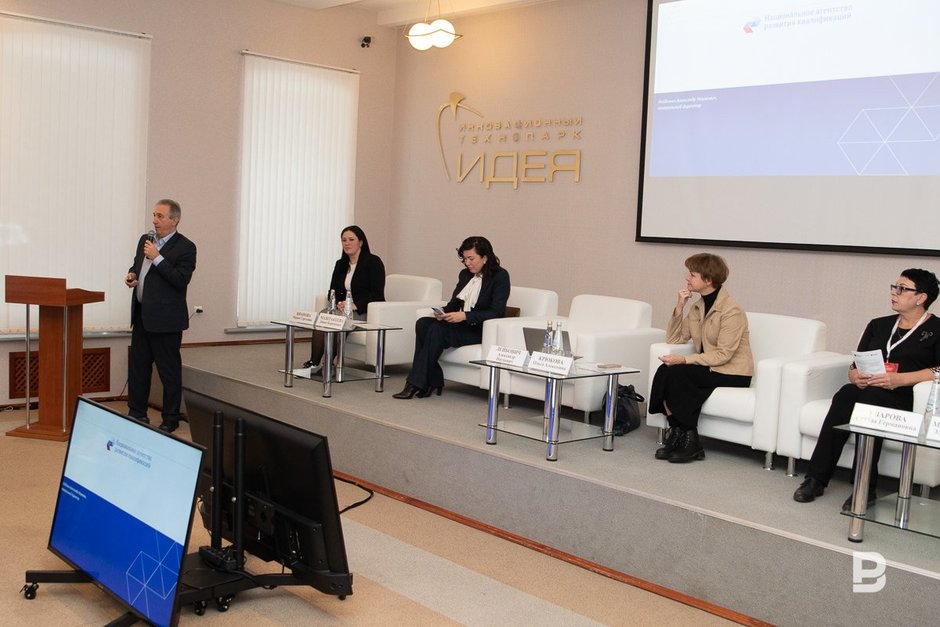
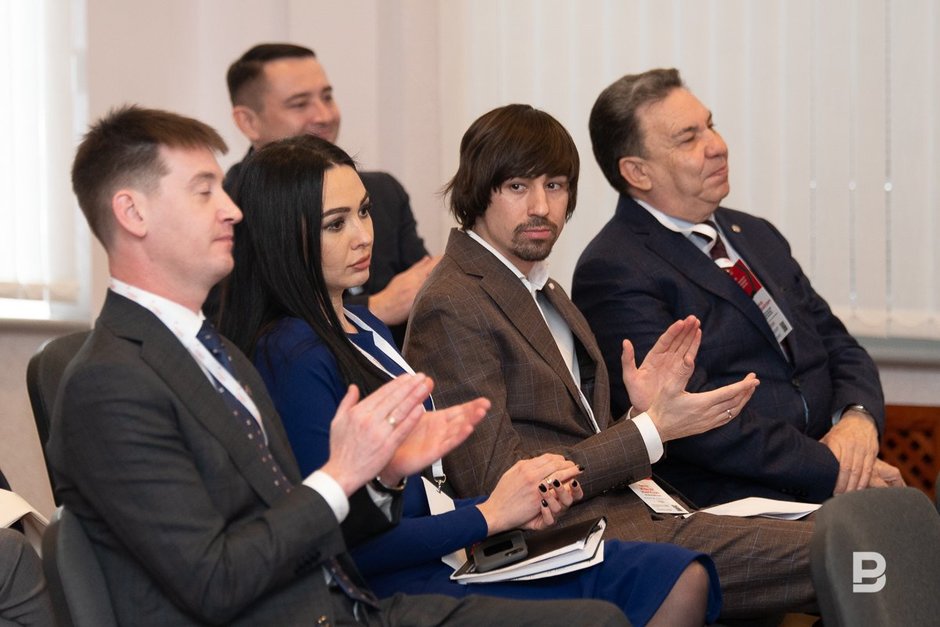
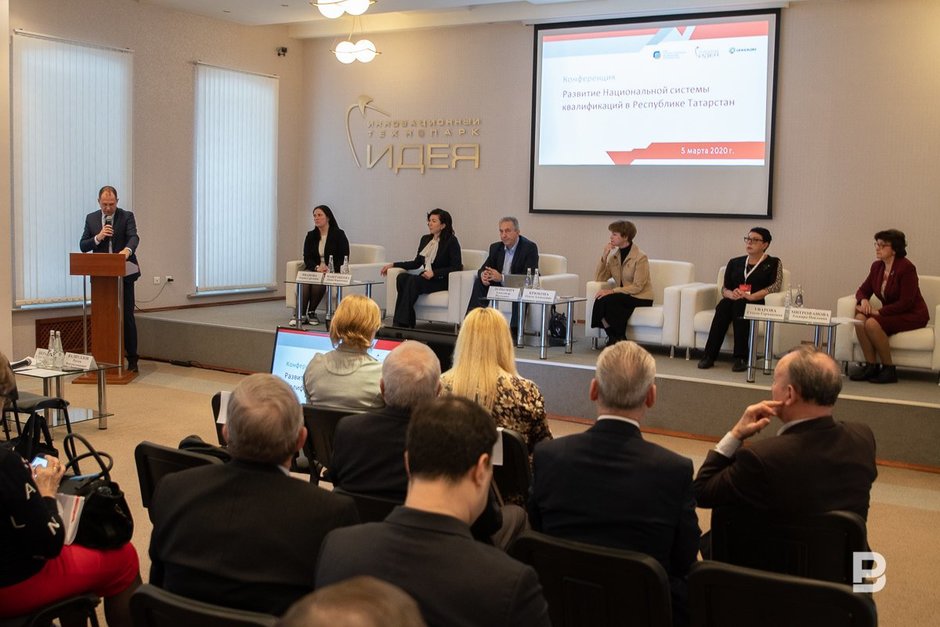
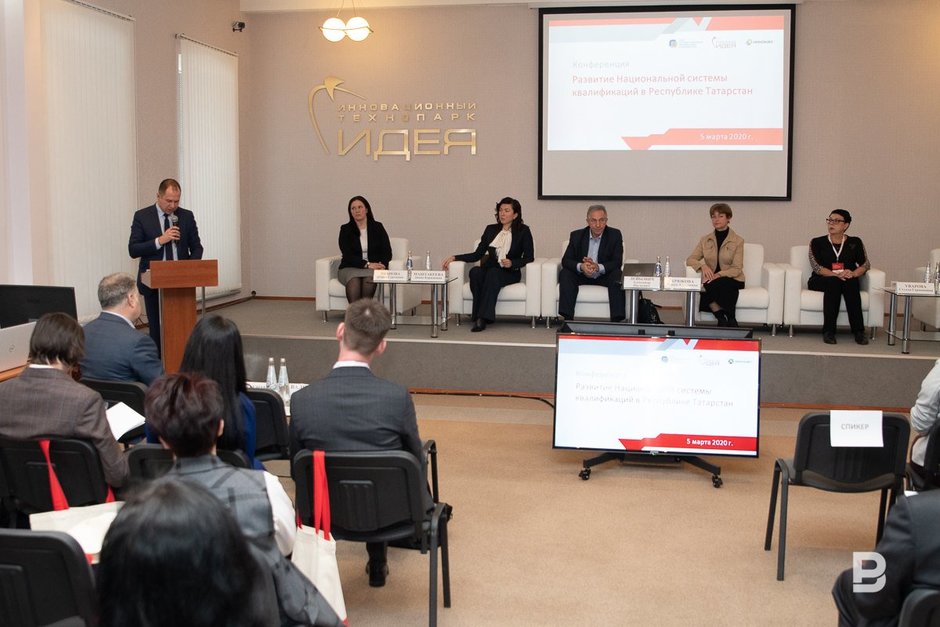
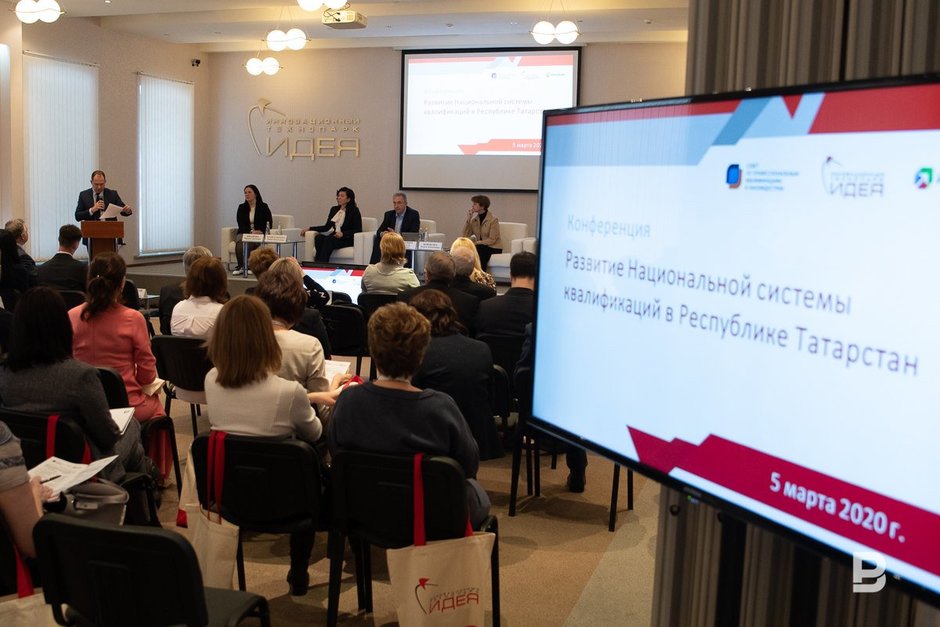
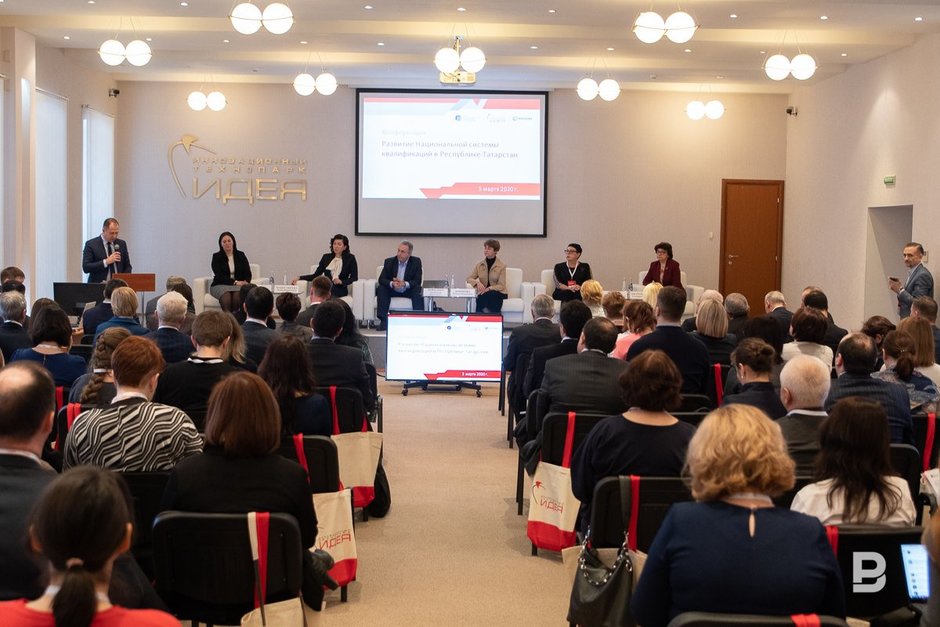
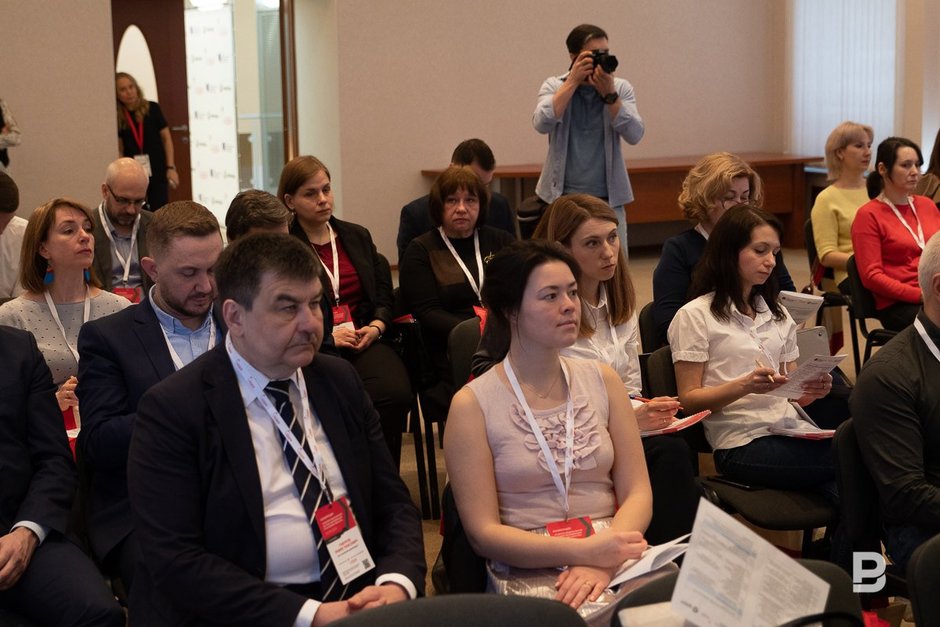
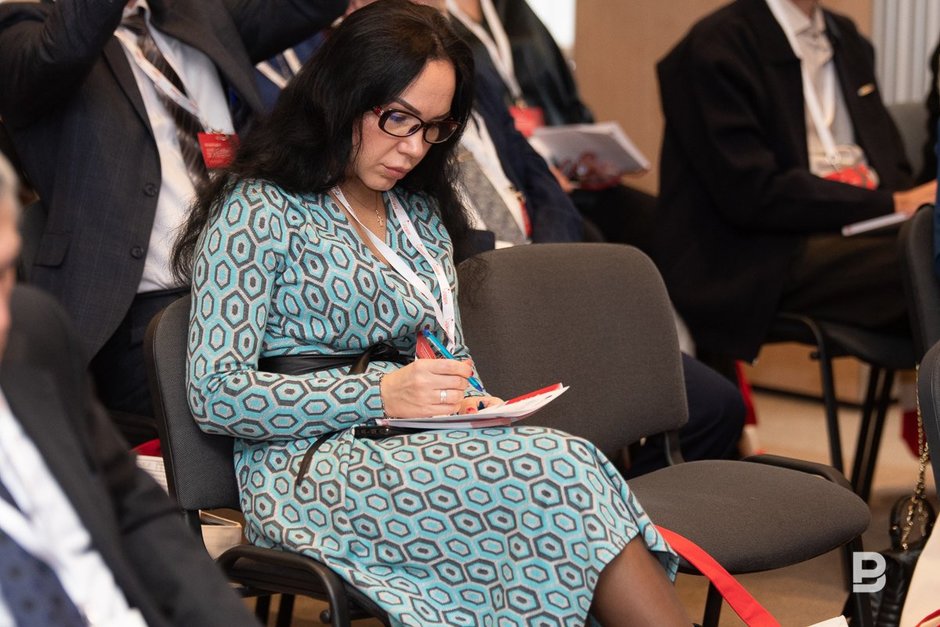
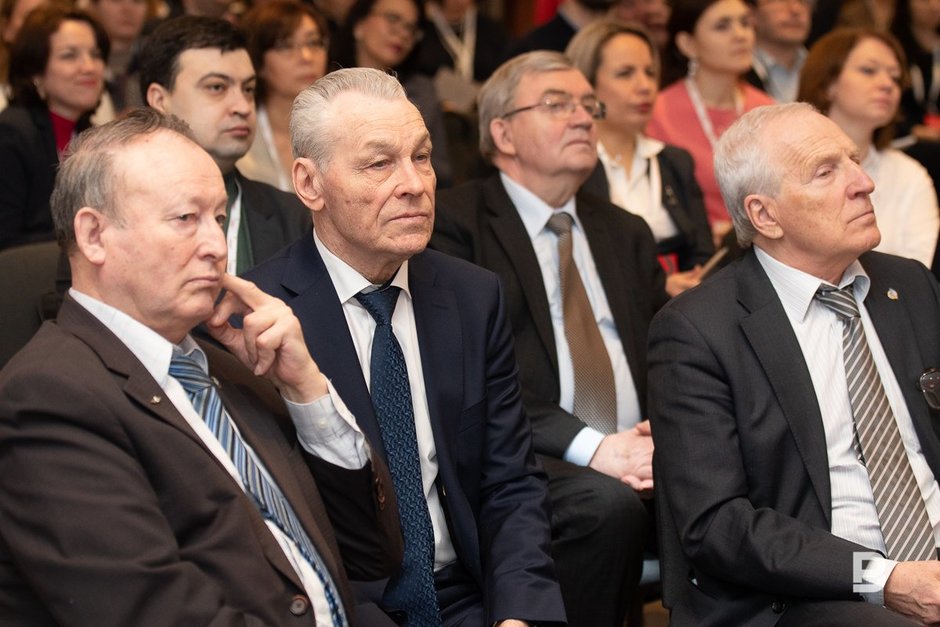
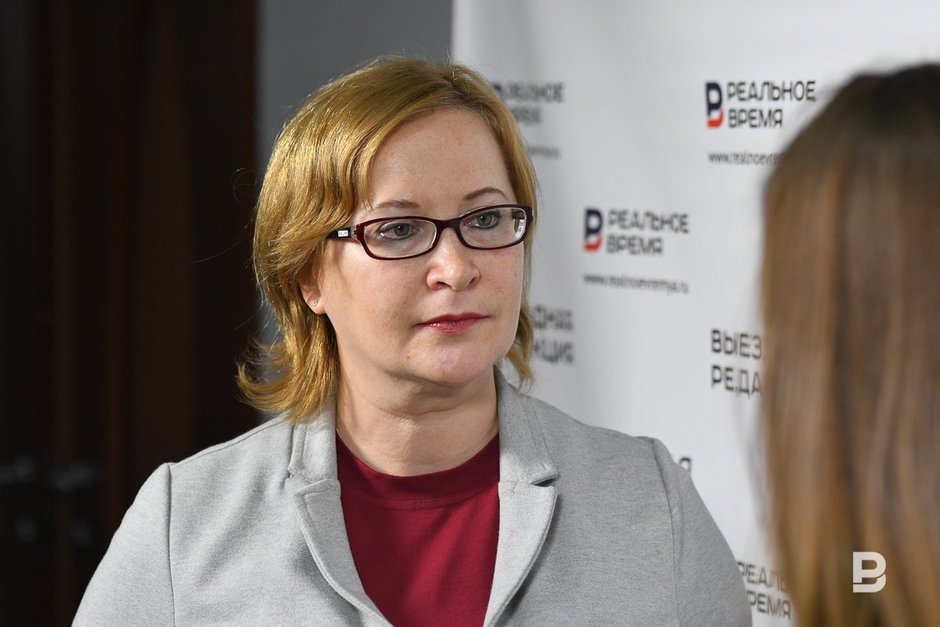
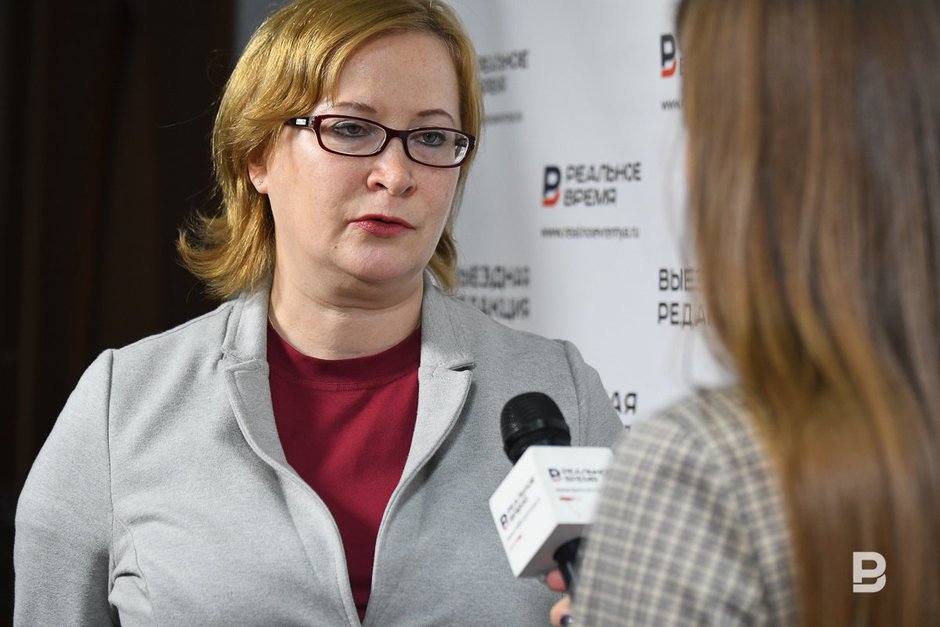
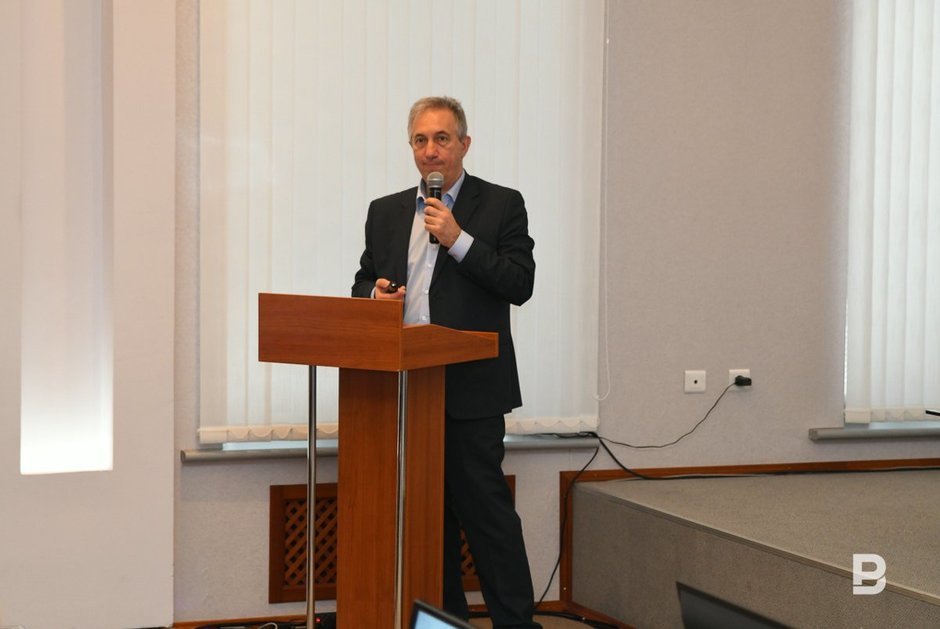
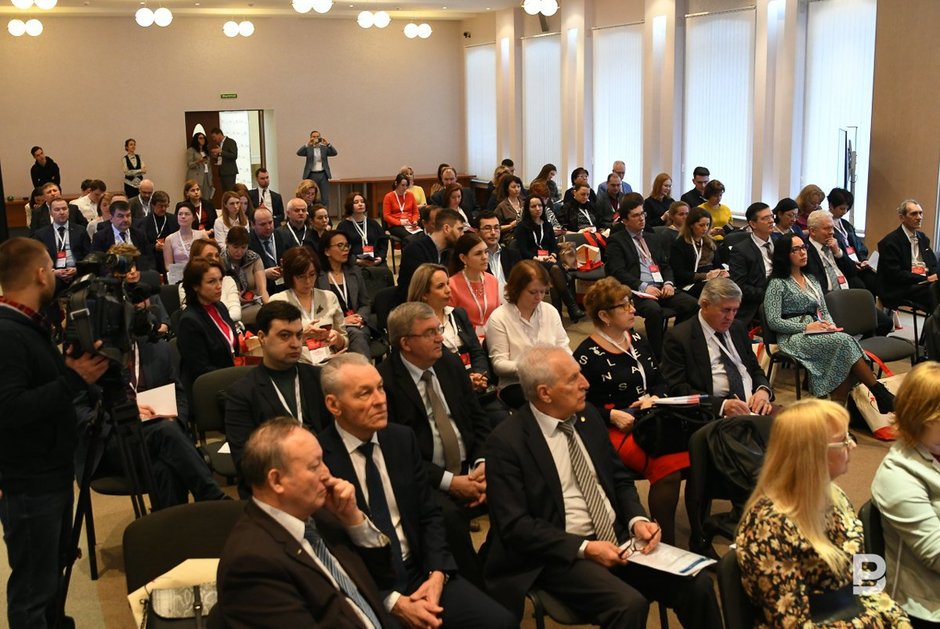
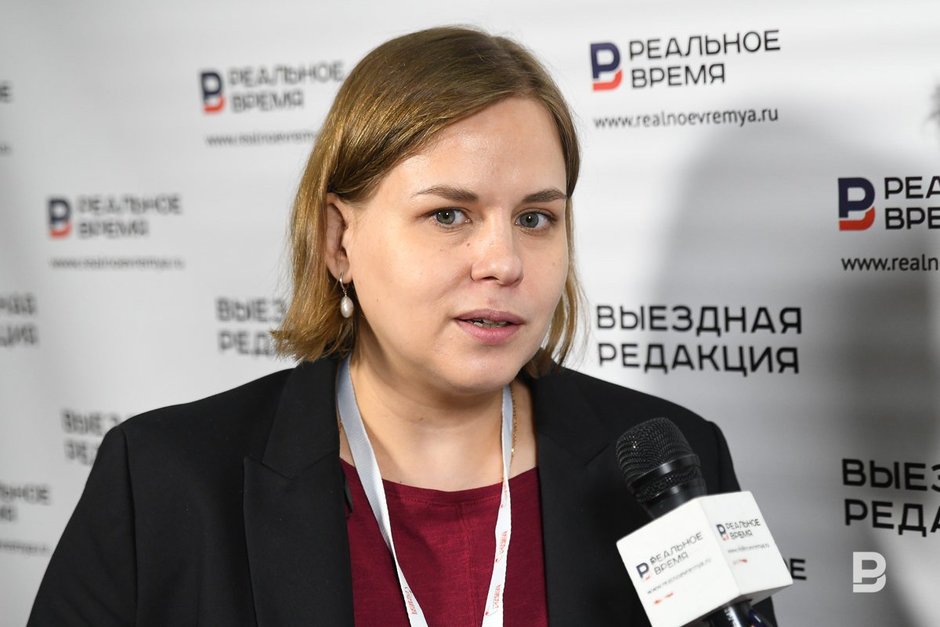
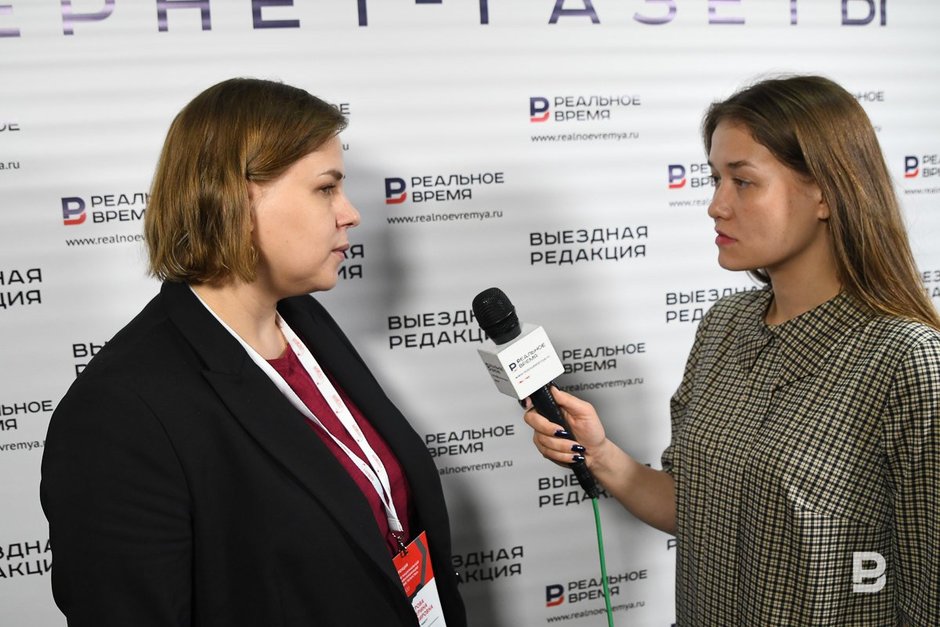
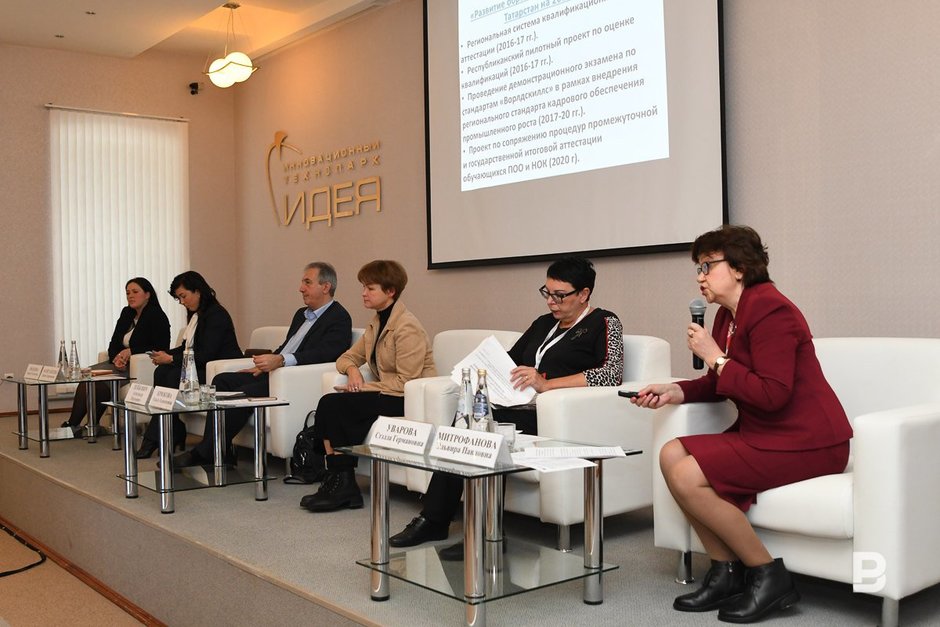
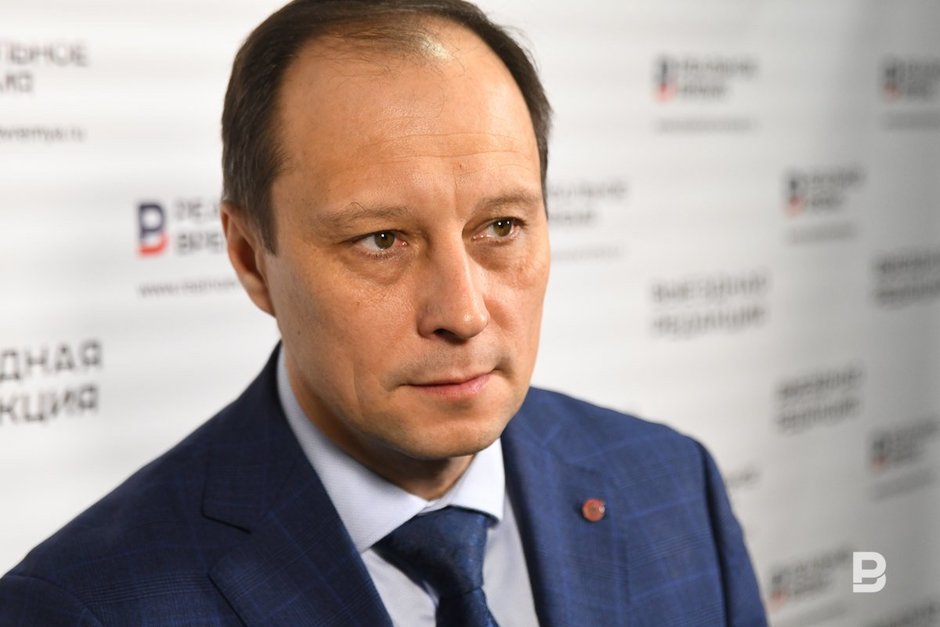
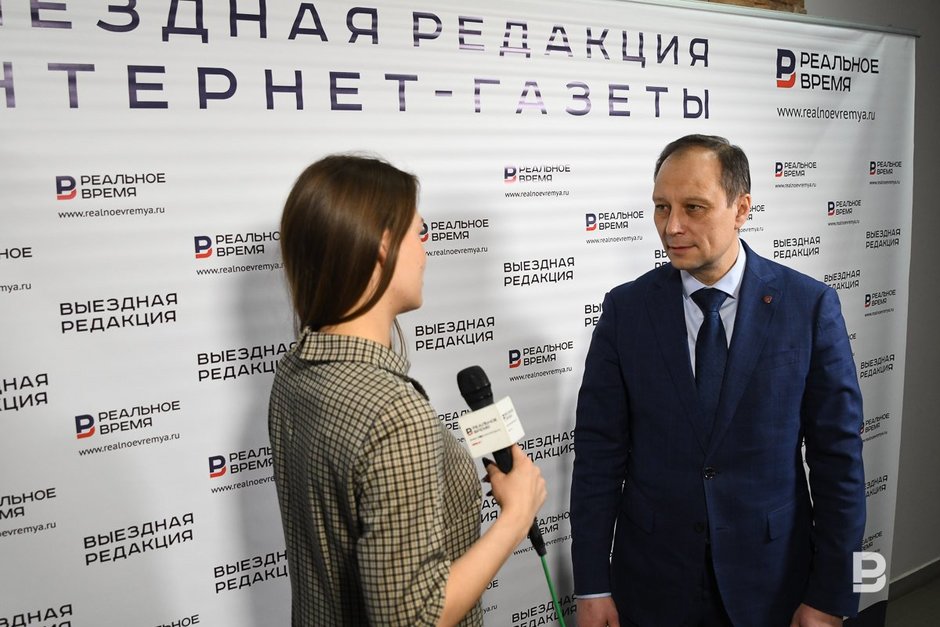
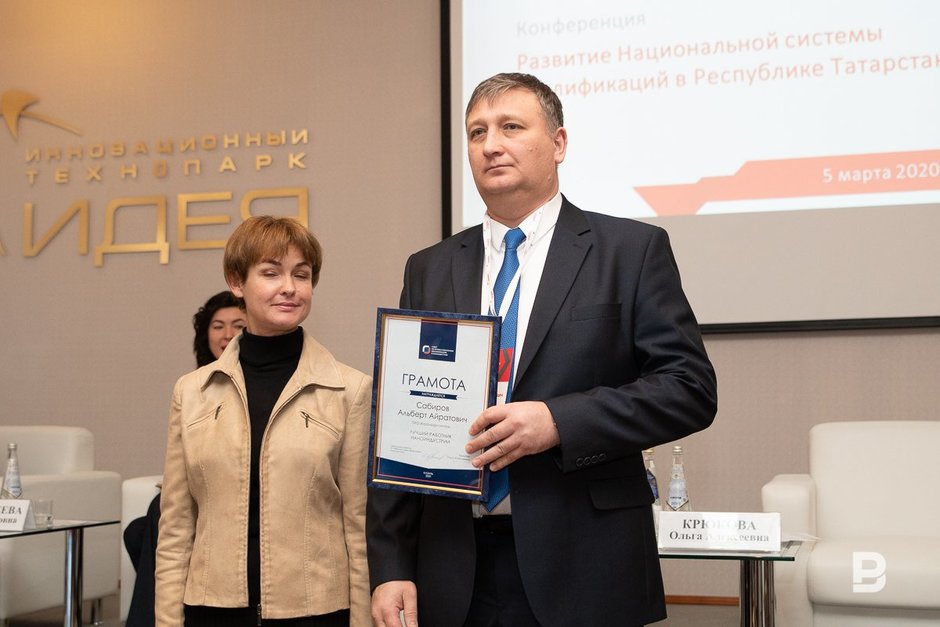
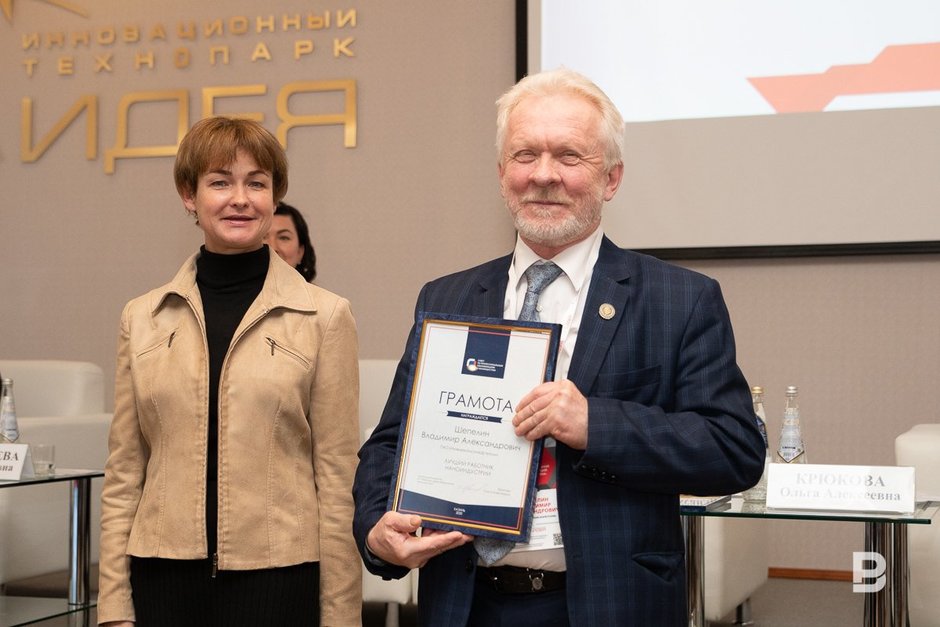
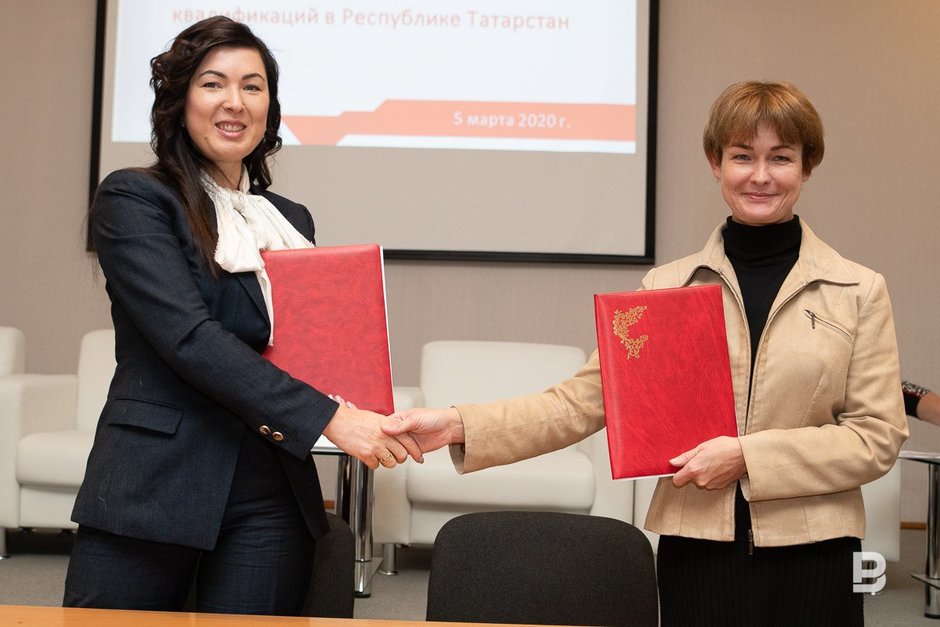
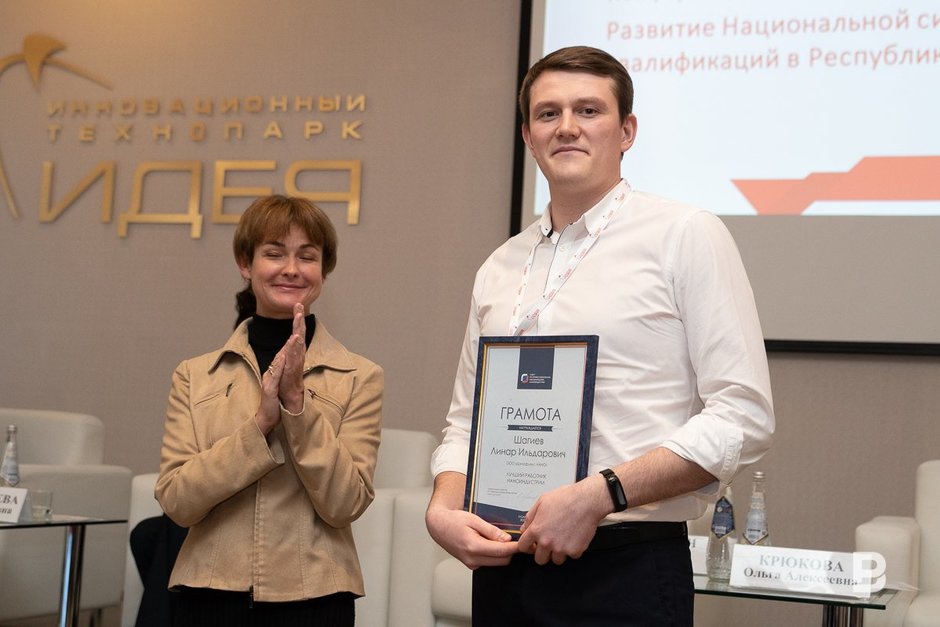
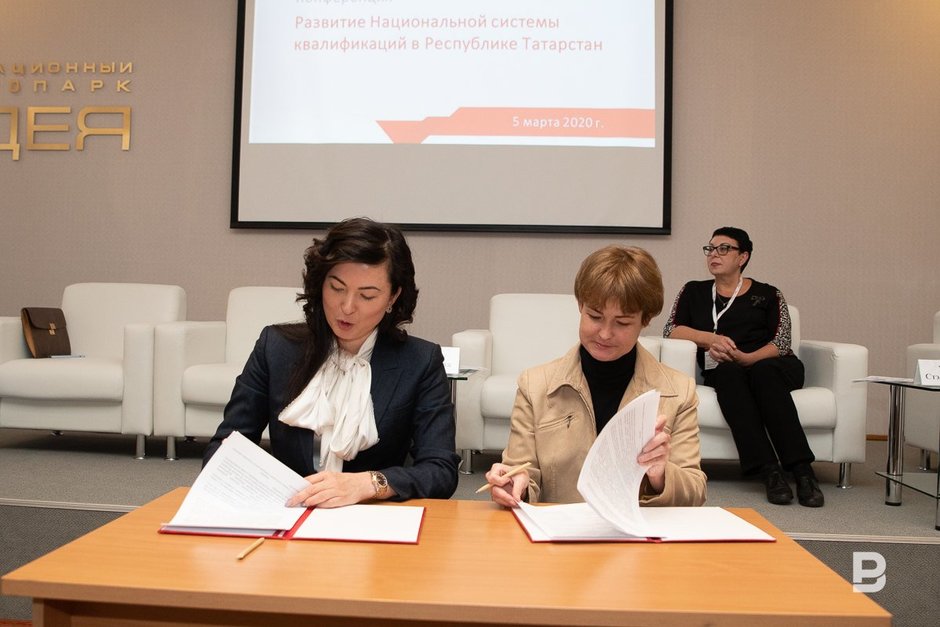
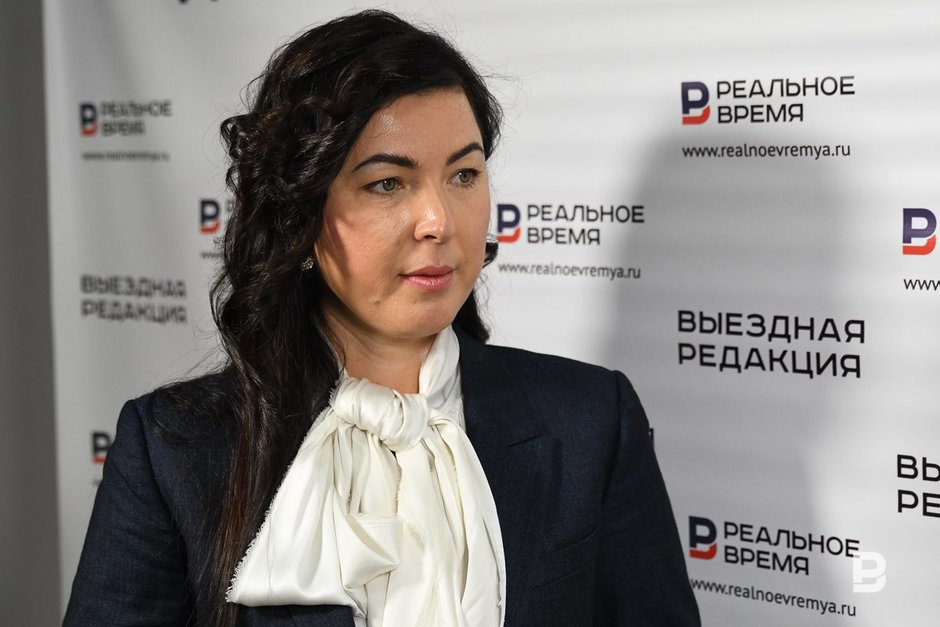
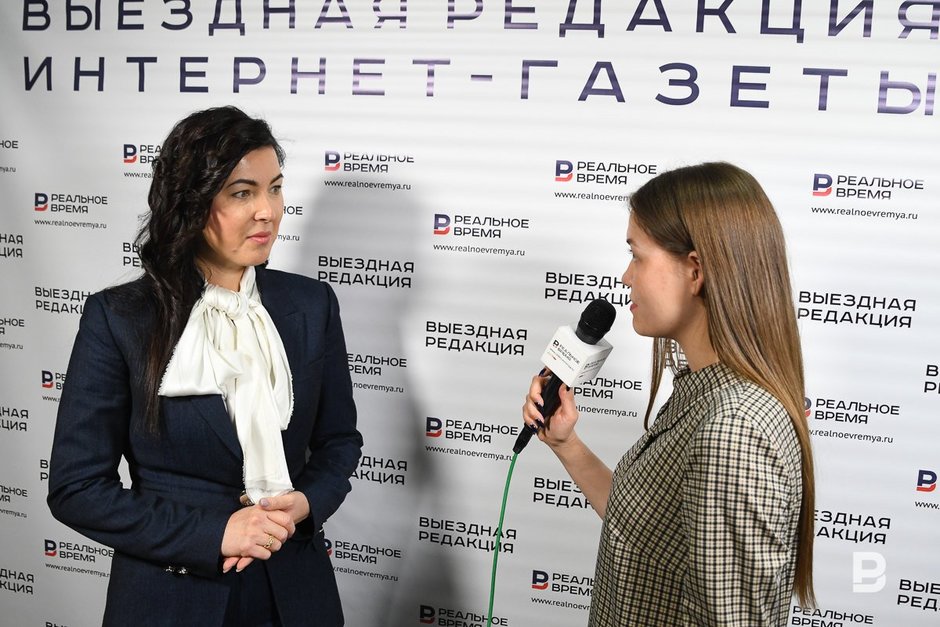
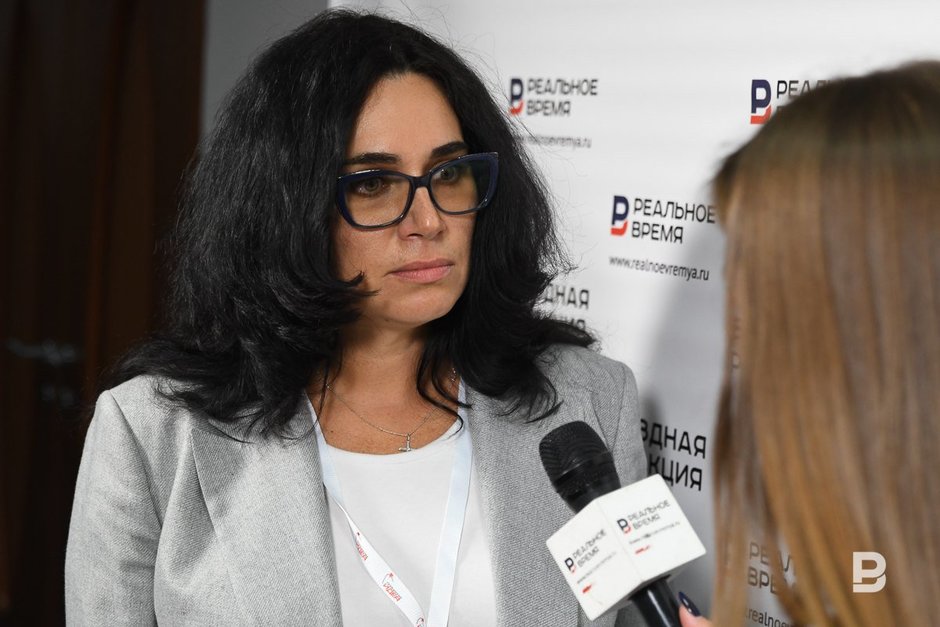
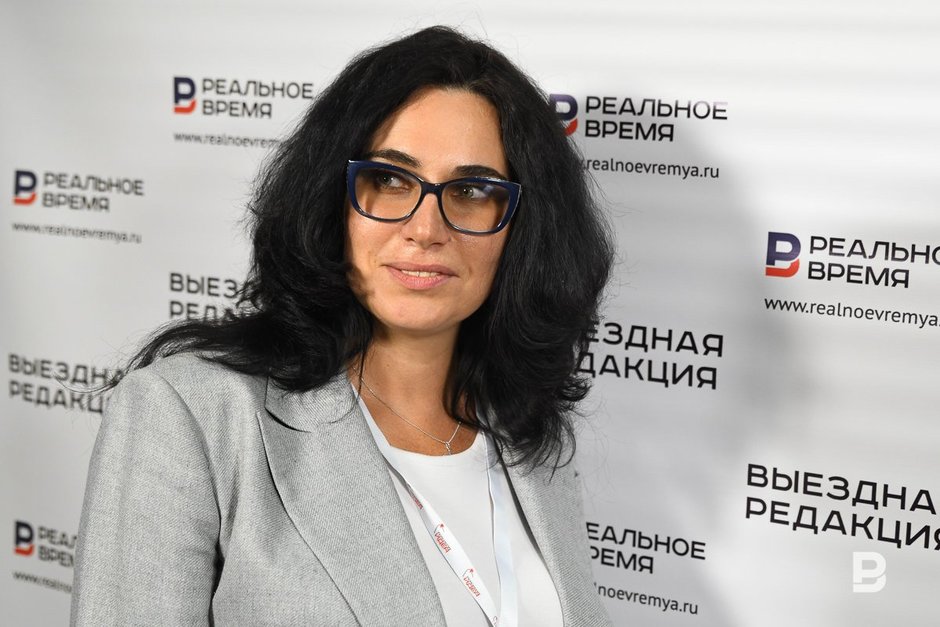
- Диана Маштакеева, заместитель председателя СПК финансового рынка, член правления РСПП
- Диана Маштакеева, заместитель председателя СПК финансового рынка, член правления РСПП
- Оксана Лампси, руководитель ЦОК технопарка «Идея»
- Оксана Лампси, руководитель ЦОК технопарка «Идея»